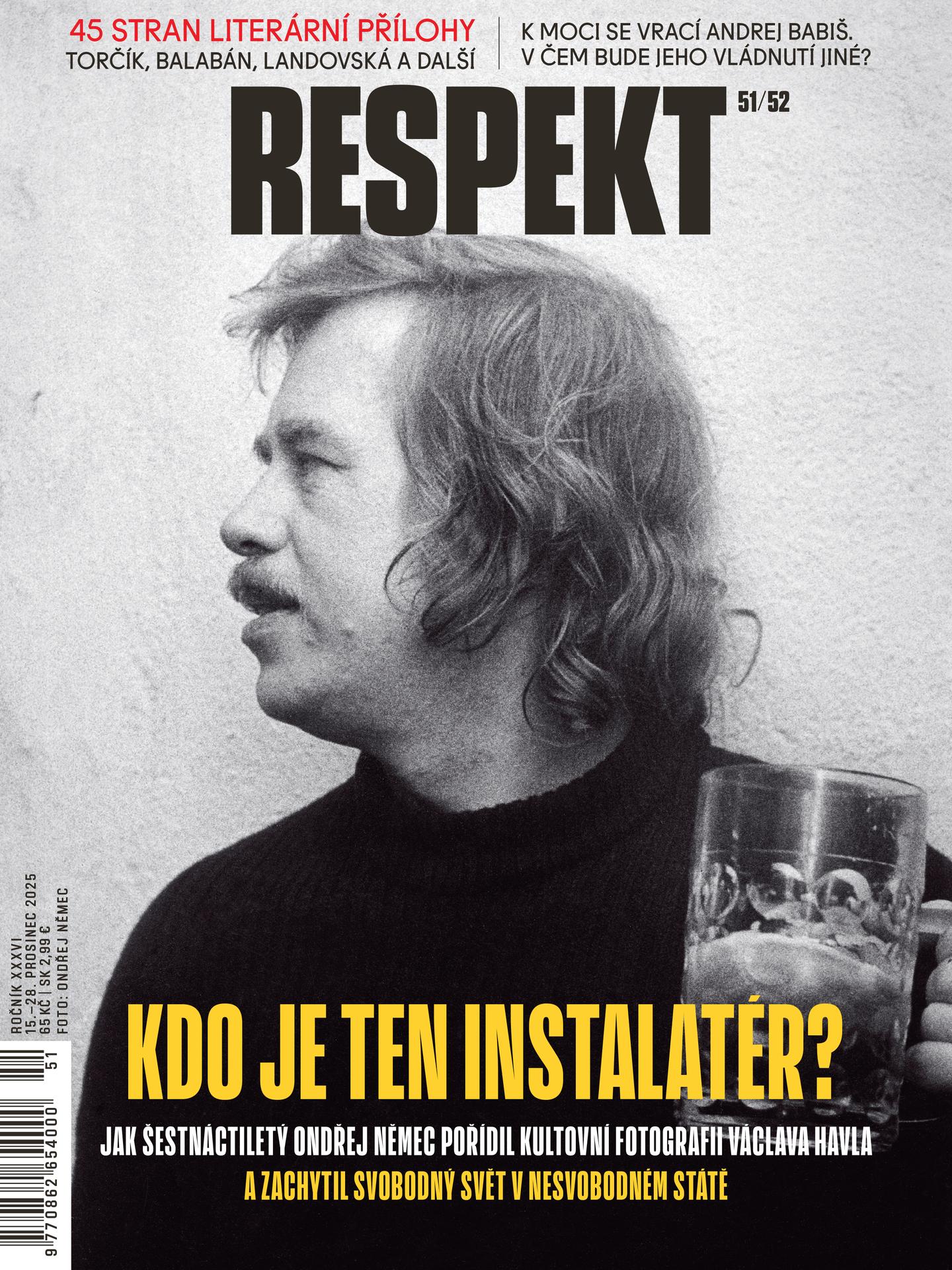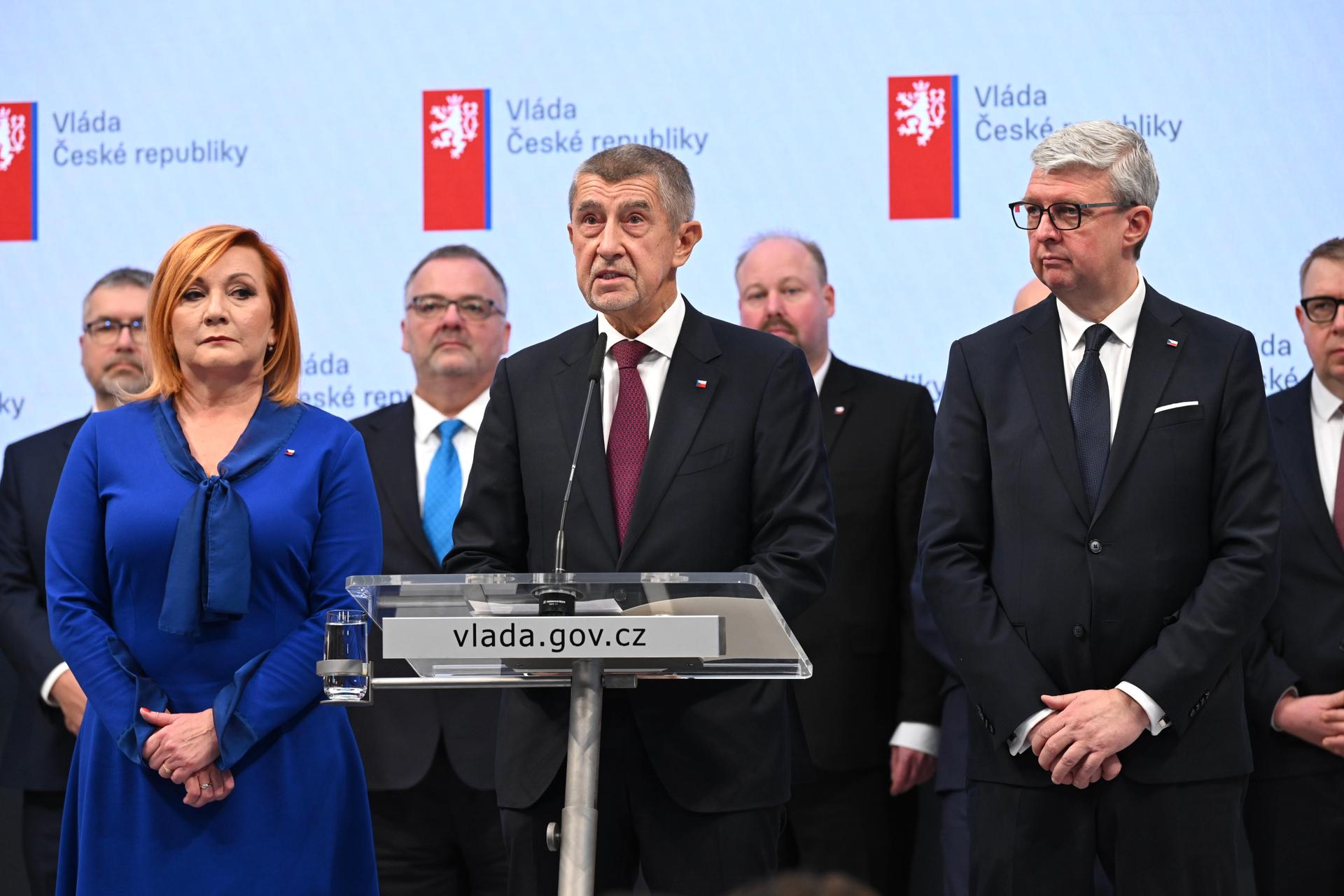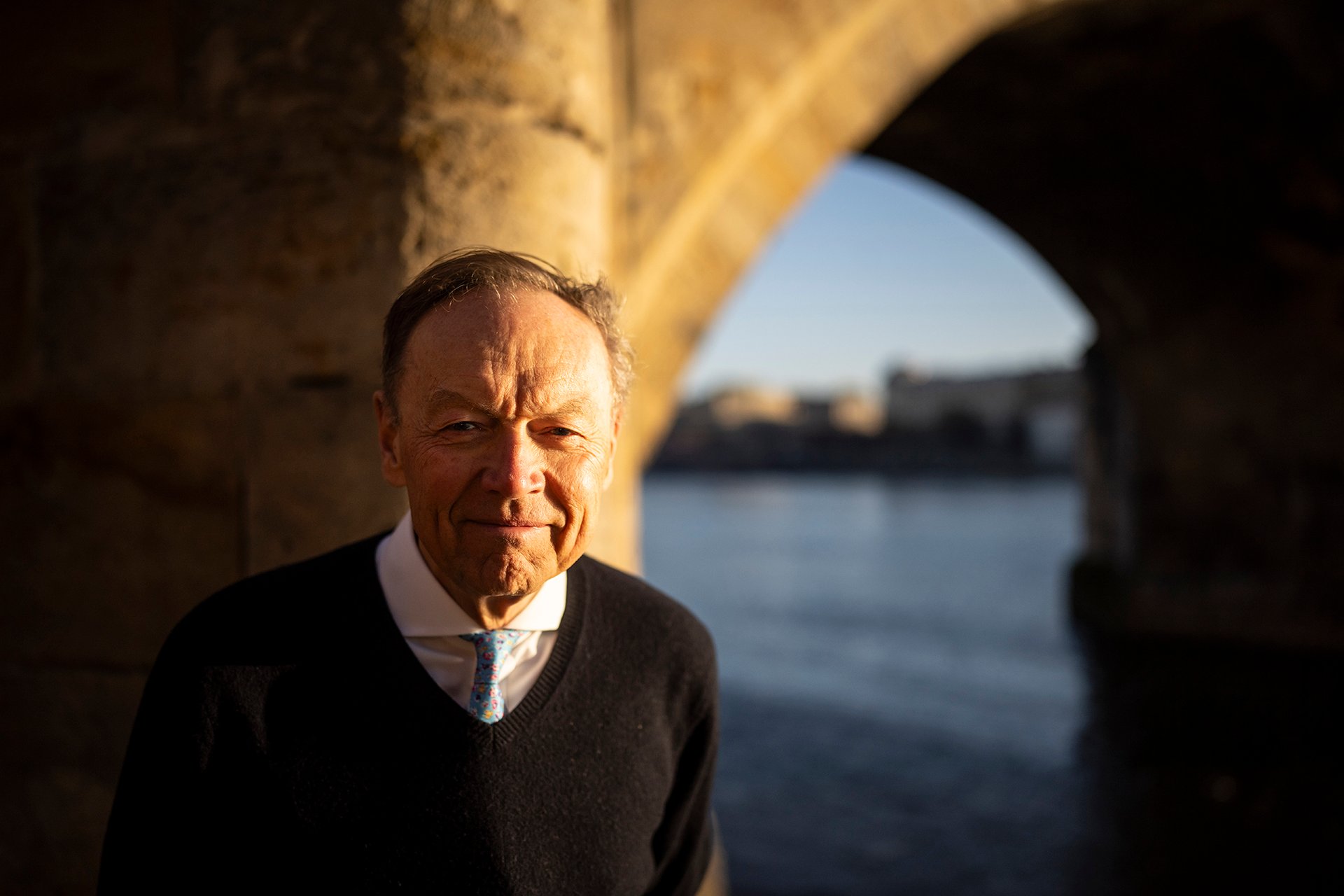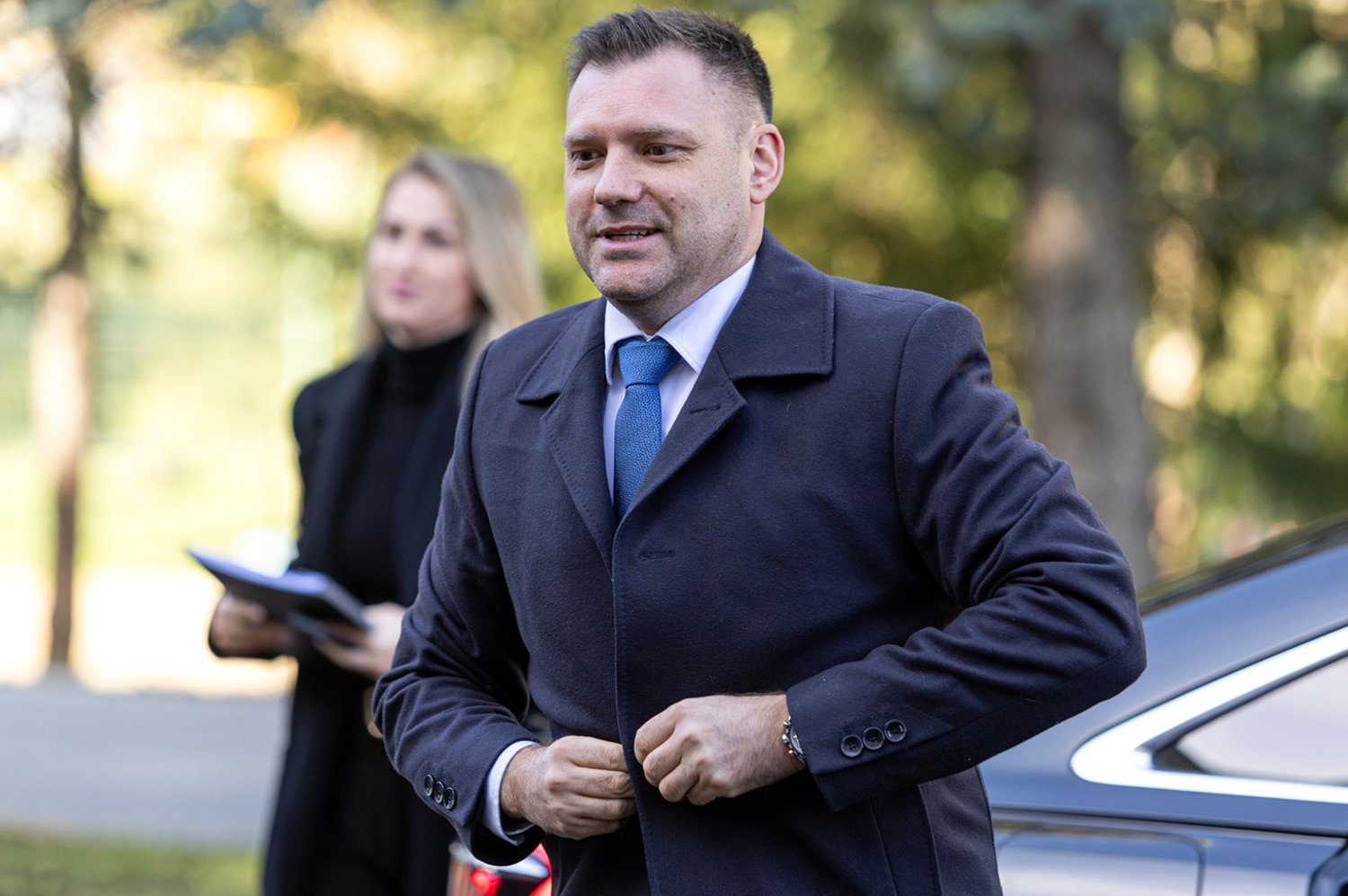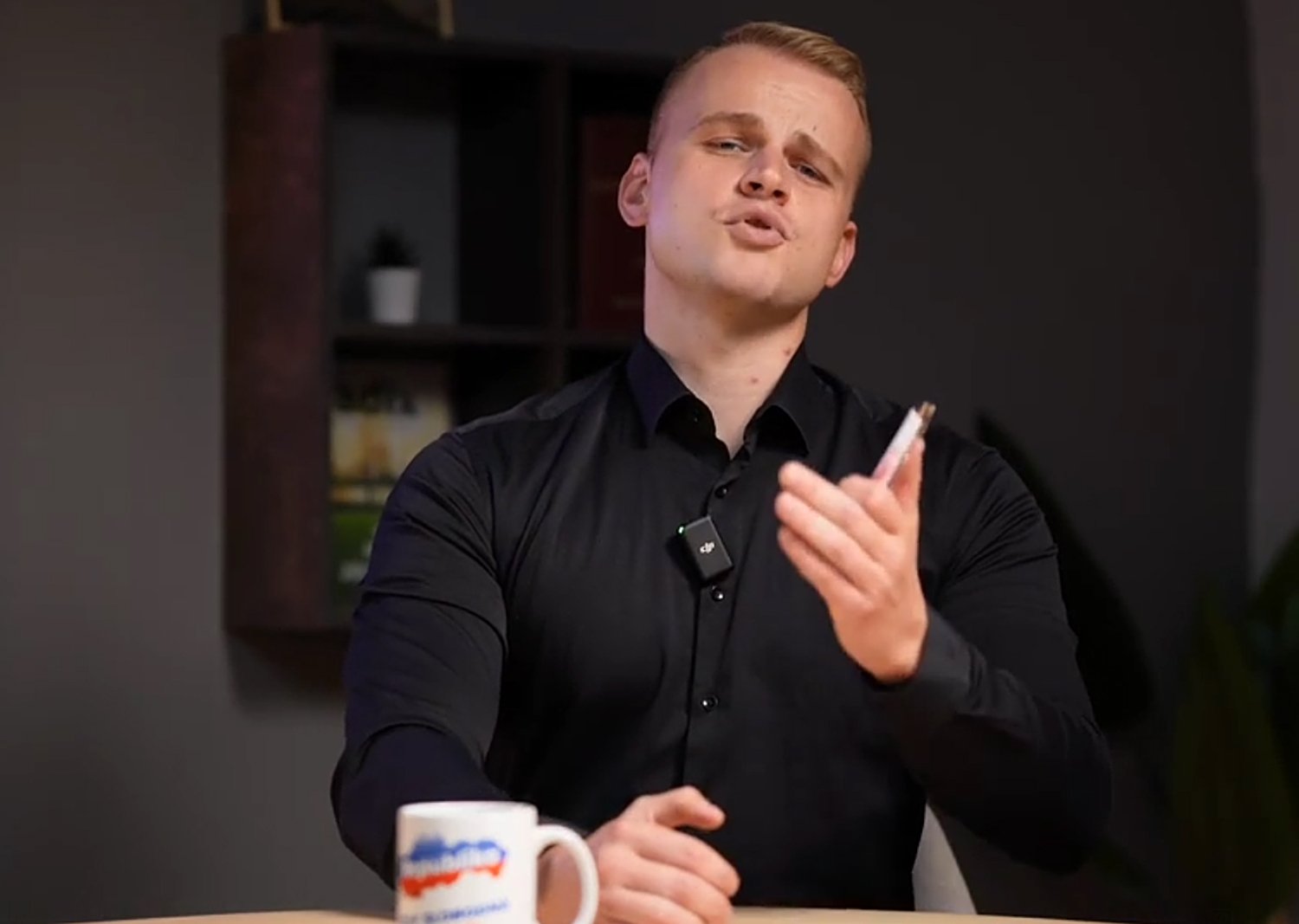Getting Out of the Rut
Cutting the cost of building Czech roads is only part of the new transport minister's job

Four years ago, at the peak of the infrastructure boom, the respected British company Mott MacDonald released a study in which it stated that the construction costs of Czech highways were unprecedentedly high. Apart from a media uproar, however, nothing much happened – even when the Nejvyšší kontrolní úřad (Supreme Control Authority) backed Mott MacDonald's findings. The then Transport Minister Aleš Řebíček (ODS) came up with his own analysis saying that the costs of Czech highways were within reasonable limits and that was basically that.
One change, though, followed swiftly: Mott MacDonald lost out in all subsequent public infrastructure tenders. "Suddenly the ministry took us out of the loop," recalls Jiří Petrák, the managing director of Mott MacDonald's Czech office. "We oversee many construction projects, from Ireland to Macedonia, but nothing in the Czech Republic." The former minister's revenge squeezed the company's profits to a level where, says Petrák, he was afraid they would be forced to stop doing business in the Czech Republic
Yet there's no reason for fear anymore. Times are changing and the debate has moved on from a discussion of the high cost of building highways and of the likelihood of corruption. The state and the construction companies have been forced to pause for thought, due to a lack of money. Apart from the roads and highways currently under construction, no new projects will be undertaken in the near future. But that opens up an opportunity to re-think which of these strips of asphalt, which seem to have been popping up around the country according to no clear strategy, are actually needed.


Crisis discount
"Without any doubt, yes, highways in the Czech Republic are overpriced," acknowledges the new Transport Minister Vít Bárta (VV) and states that part of his mission in the office is to reduce the cost of the country's transport infrastructure. Alfred Brunclík, the man in charge of the Ředitelství silnic a dálnic ČR (Road and Motorway Directorate of the Czech Republic), the body responsible for the country's major transport construction projects, is more cautious. He adopts a more defensive tone and says the price difference between the Czech Republic and surrounding countries isn't particularly dramatic. "The costs could certainly be lower but I need to know how exactly," he says.
In fact, his own office has already shown how: The cash flow crisis and cuts in the state budget reduced the money for highways by a half, from 60 billion crowns to 30 billion. As a result, Brunclík's directorate has had to adopt methods which, until now, it has ignored.
For example, every infrastructure project is now subject to external checks by a third party, saving the state four billion crowns on unnecessary construction elements such as elevated crossroads. Brunclík also plans to use a method long established in Germany, in which each section of a stretch of new highway has its own contractor rather than granting the whole thing to one company. This requires more negotiations with the various parties involved but the big advantage of this model is clear: more competition over every kilometer of road, which pushes prices down.
Overview needed
Reducing costs doesn't solve the fundamental problem, however. Crucially, the Czech Republic lacks a national plan covering which roads should be built and how it should build them. Under the current system, each Czech region decides which roads and highways it wants. After that, it's down to how effectively each regional leader is able to lobby to get their priorities onto the national list of important infrastructure projects. The problem with this approach is obvious: some vital transport routes, such as the highway from Brno to Vienna, get shelved while other, less important or even controversial projects get the go-ahead – the D8 highway cutting through the České středohoří nature reserve, for instance.
Thus new Transport Minister Vít Bárta faces a much bigger task than simply reducing costs; he will also have to use this break in construction to draw up the framework of a future Czech transport network.
"We have already tried this," says Martin Fadrný of the Dopravní federace ("Transport Federation"), a cluster of NGOs that monitors most road and highway projects. His guidelines for the new minister, with whom he has yet to meet, are simple: make a list of priority road-building projects across the country, and set up an independent bureau that would check on their justifiability and price.
Bárta says he will tackle the problem as soon as he's done with more urgent matters. He wants to meet the CEOs of the major construction companies currently working on state-funded infrastructure projects and renegotiate their prices. "Right after that there'll be time for conceptual thinking," he says, adding that he's willing to talk with "every opponent who's been a longtime critic of the state's transport policy."
This is a shortened, translated version of the original article, Pryč z vyjetých kolejí, which first appeared in Respekt 31/2010.
Translated By Kateřina Šafaříková
Pokud jste v článku našli chybu, napište nám prosím na [email protected].

